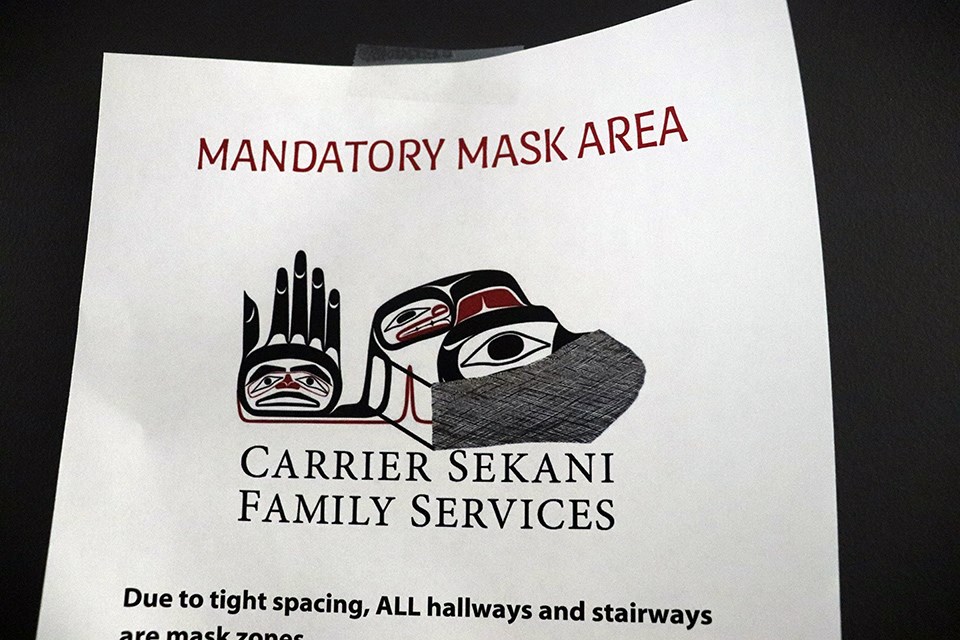Carrier Sekani Family Services (CSFS) and its members are not giving up fulfilling their vision of building an addiction treatment centre in northern B.C.
Saik’uz First Nation Chief Priscilla Mueller said they were disappointed to learn last Wednesday (March 17) of the provincial Agricultural Land Commission rejecting their proposal to build an addictions treatment centre on ALR land at the existing Tachick Lake Resort near Vanderhoof.
“We have high hopes we are going to open up that facility,” she, however, said.
“People are dying every day because of the opioid crisis, and in our community, we’ve had three or four deaths over the last year and we desperately need this facility to happen.”
Warner Adam, CSFS chief executive officer, believes the independent commission ruling the proposal not suitable for farmland is baffling.
He said it has been a dream of many prominent Saik’uz and Carrier Sekani elders who have since passed, to establish a healing centre to undo the impacts of colonialism and residential schools.
If the commission had granted approval, the existing Resort would have been converted into staff housing, and a 25,000 square foot main facility providing up to 60-beds would have been constructed at the cost of $16 million.
CSFS has already secured $5.7 million and is actively seeking additional resources from the provincial and federal governments. Adam said the organization has encountered problems over the years in the north due to the lack of detox beds, where many people lose interest as they are put on a waitlist.
“Evidence suggests that when a person is crying for help, you provide immediate services otherwise they get back into the cycle of addictions,” he added.
For nearly 20 years, CSFS has operated an outpatient addictions treatment program that Adam said is not meeting the needs of their member nations, including Ts’il Kaz Koh (Burns Lake), Takla Lake, Cheslatta Carrier, Yekooche, Nadleh Whut’en, Skin Tyee, Wet’suwet’en, Nee Tahi Buhn, Stellat’en, Lake Babine and Saik’uz First Nations.
CSFS also offers a low-barrier youth drop-in centre in downtown Prince George.
Recently, CSFS staff revived a non-breathing youth found outside the centre after several unsuccessful attempts with naloxone spray, Adam recalled. Paramedics arrived shortly after and asked the youth if they wanted to go to the hospital.
“They said no—I’d rather go to treatment, but again there are no detox beds,” Adam said.
“There’s many of those incidents that have probably gone unnoticed.”
Both Adam and Mueller agree that the opioid crisis is worsening due to the COVID-19 pandemic, which has fuelled isolation amid an increasingly toxic illicit drug supply.
Adam said the B.C. government has committed to work with CSFS on developing options and reviewing the decision by the Agricultural Land Commission (ALC).
“We totally understand the protection of farmland, but they have to be realistic, and hopefully the government looks at their policy with respect to the mandate of the ALC to make sure they’re some diversity within that group.”



